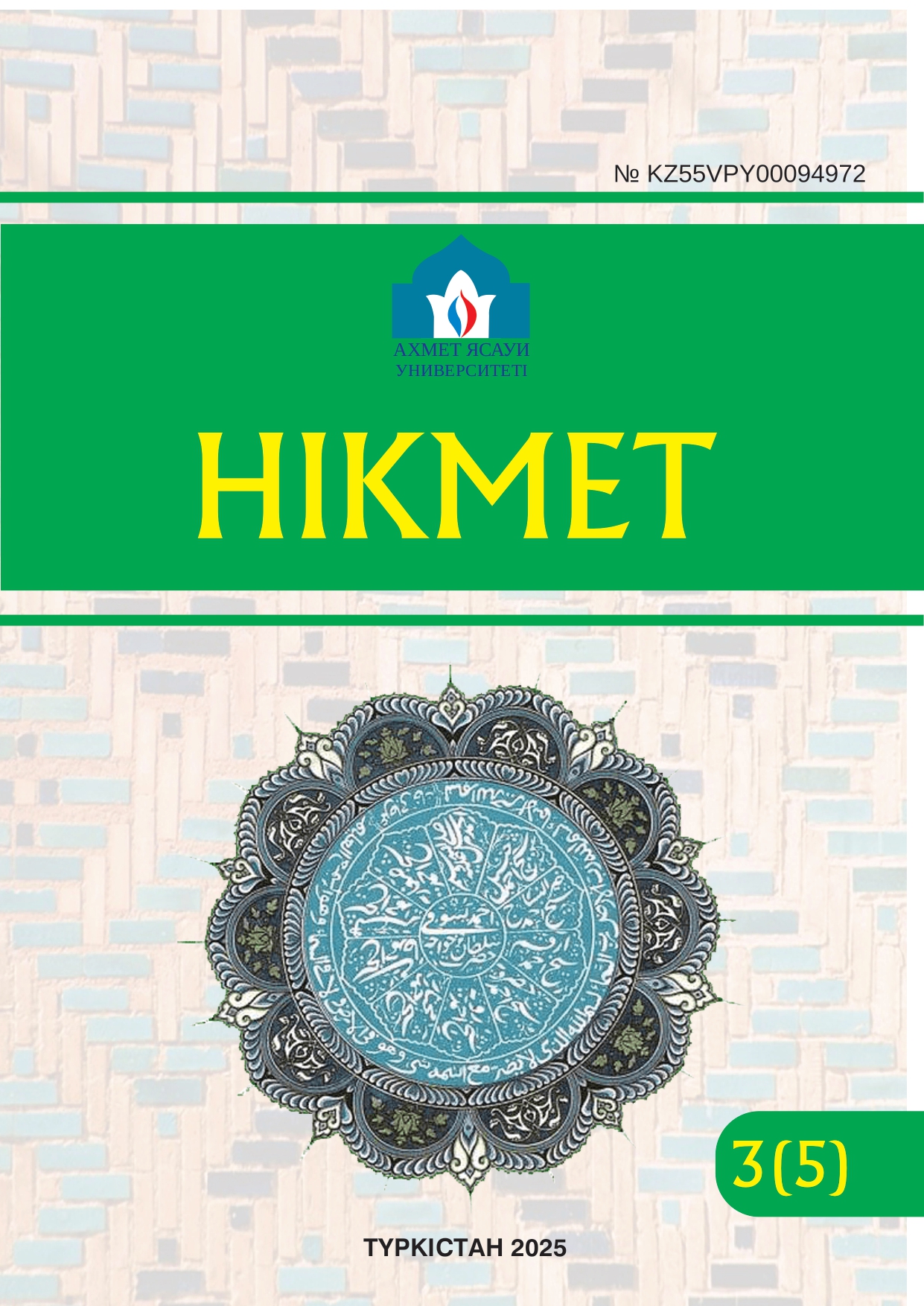The Issue of Politics and Violence in Kharidjism from the Perspective of Philosophical Thinking
124 68
Keywords:
Kharijism, Islam, philosophy, politics, violenceAbstract
This article considers the political stance and issue of violence in Kharijism not only as a historical event within Islamic civilization but also as a philosophical phenomenon that enables an exploration of the complex interplay between religion and politics. The religious interpretations of this movement, especially its radical branches, which interpret Quranic texts according to their own positions, go beyond traditional religious principles and raise profound philosophical questions related to justice, freedom, and moral responsibility. The strict principledness of the Kharijites and their extreme pursuit of justice draw particular attention to the relationship between religion and political power, as well as issues of civic responsibility and the legitimacy of authority. Moreover, their recourse to violence calls for a reconsideration of the philosophical and ethical foundations. In this context, this phenomenon allows for a philosophical rethinking of resistance to power and the limits of social order. In this regard, the Kharijite movement can be seen as a continuous expression of the search for balance between religion and politics, justice and authority, individual responsibility and society. The article also provides a comprehensive analysis of the philosophical dilemmas arising from the Kharijites’ interpretation of religious texts, the ethical contradictions in their political ideology and actions, and the reasons for their propensity toward violence. By philosophically analyzing the relationship between religion and politics, the study opens a path to a deeper understanding of the complex nature of the Kharijite movement and its historical-philosophical significance within Islamic civilization.

